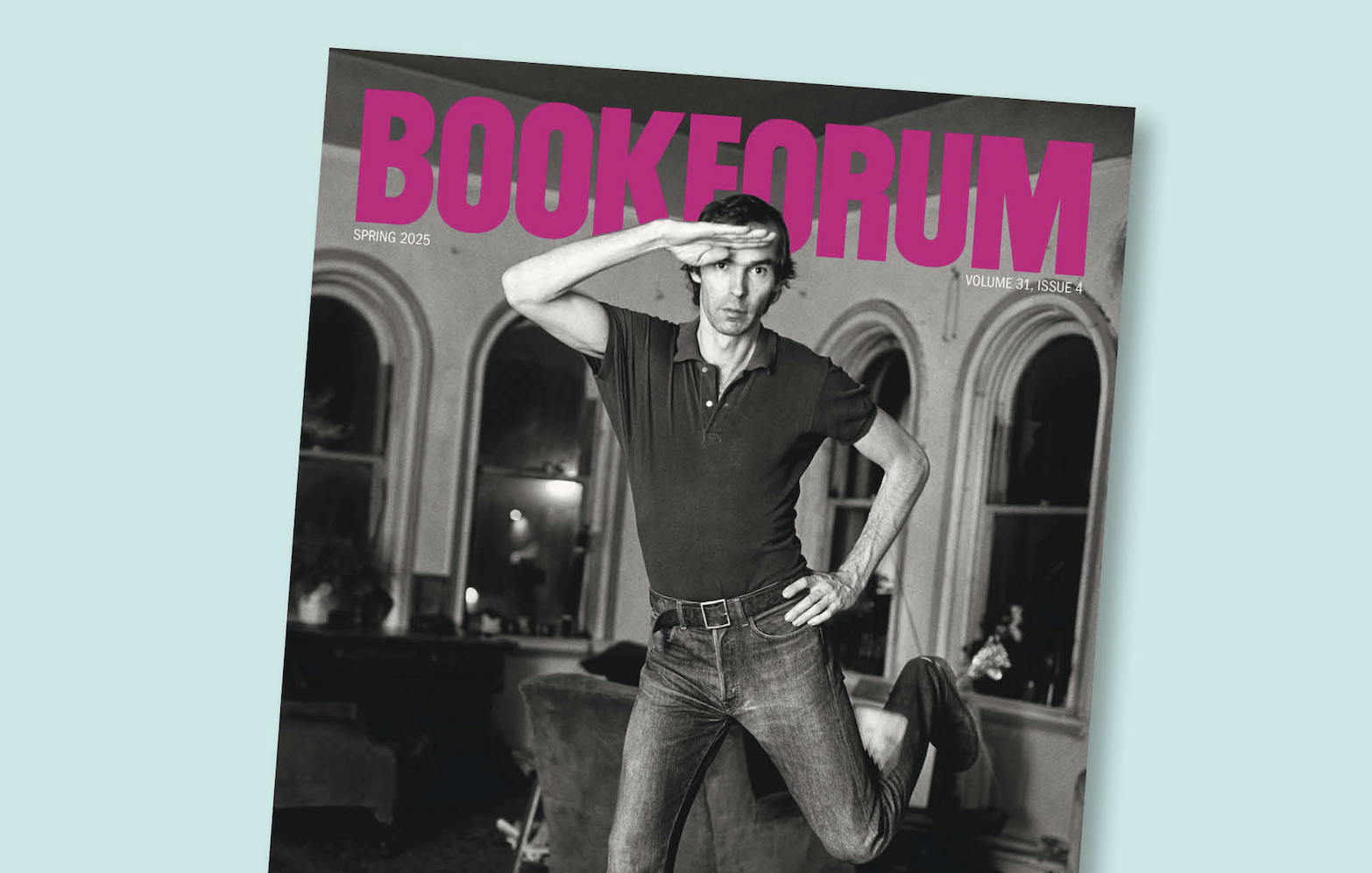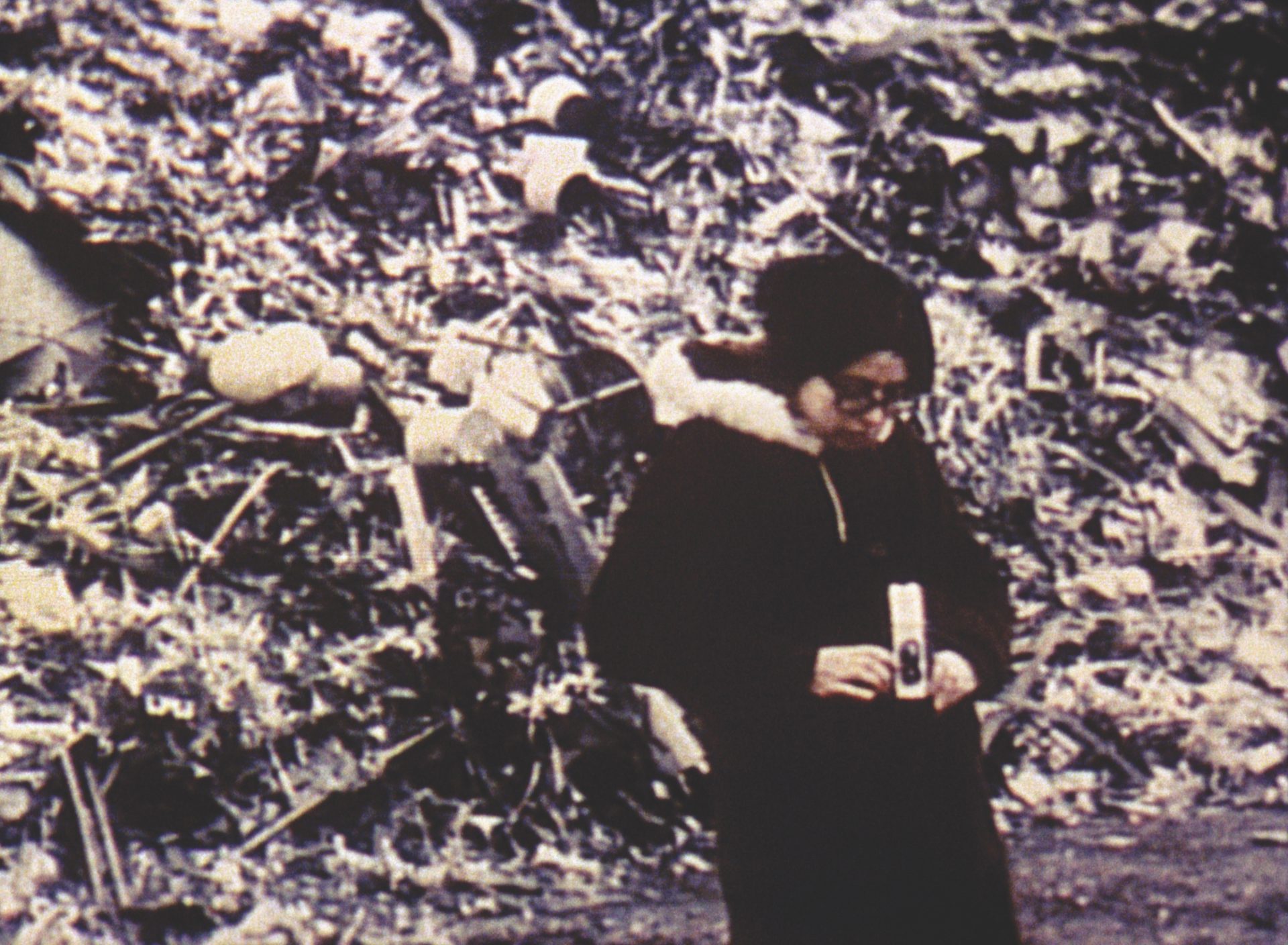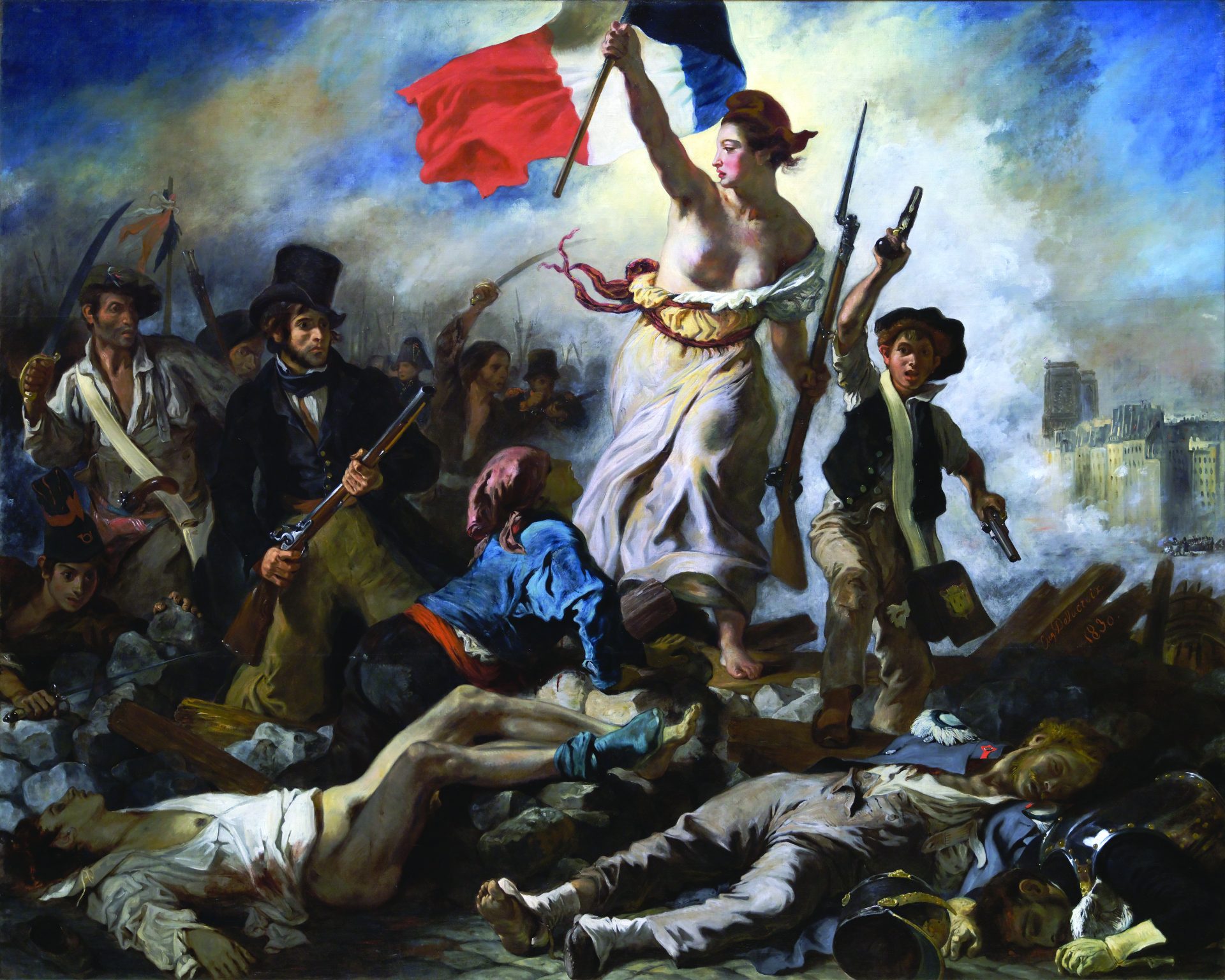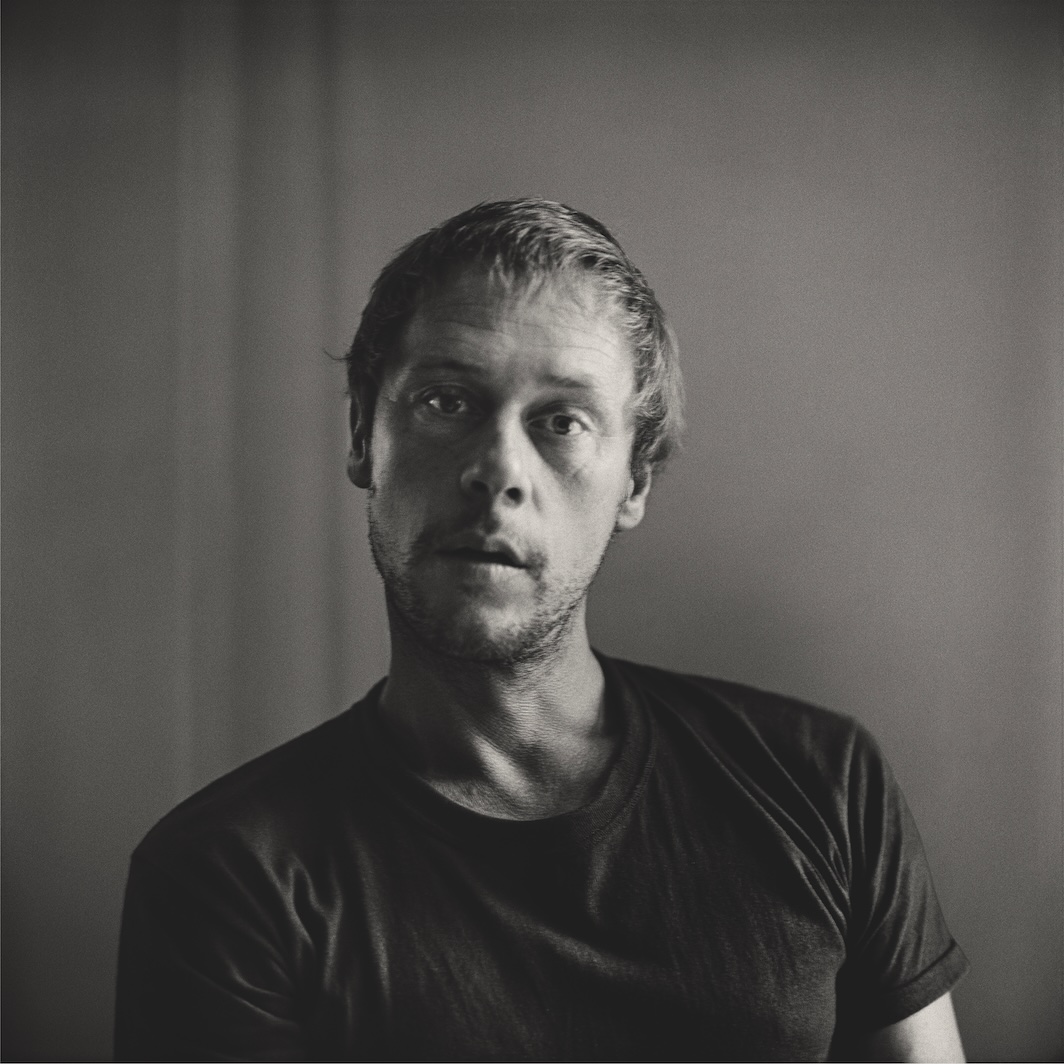Serious music fans fetishize moments of future-shock rupture—those moments of fruitful confusion and ecstatic release that attend the arrival of new movements and new sounds. Whether charting the erratic patterns of pop novelty or the ideological progress of the art-music impulse, a significant body of music literature works to survey the conditions and consequences of future shock. These books organize histories forever in flux and push music in new directions. The best among them teach us how to listen—and think—anew. The following books are essential reading from future-shock music literature, beginning with the early years of avant-garde classical composition and continuing up through the age of techno.
Ocean of Sound: Aether Talk, Ambient Sound, and Imaginary Worlds by David Toop
A survey of music given to drift, this book begins in 1889, when Claude Debussy first heard Javanese gamelan music, and moves up through the modern explorations of Sun Ra, Kraftwerk, Brian Eno, and Aphex Twin, among others. Toop attempts to construct a framework for ambient music as it swelled in significance just before the turn of the millennium, but his mesmerizing language is equally concerned with evoking the poetry of exotic, alien sounds that defy time and place in favor of “a very positive rootlessness.”
Undercurrents: The Hidden Wiring of Modern Music edited by Rob Young
A collection of essays from the English magazine The Wire (along with a few new pieces), Undercurrents traces the progression of adventurous music in four sections, titled “Electrification,” “Occultism,” “Mechanism,” and “Freedom.” Phonograph pioneer Thomas Edison and madcap polymath Harry Smith share space with Greek thinker Pythagoras (developer of an early musical scale said to mimic the “Music of the Spheres”) and art-rock balladeer Lou Reed.
Space Is the Place: The Lives and Times of Sun Ra by John F. Szwed
This is the definitive biography of Sun Ra, one of the most fascinating characters in jazz and almost certainly the greatest expatriate of any kind from the planet Saturn. Sun Ra’s earthbound path from Alabama to Chicago (and later New York and Philadelphia) followed the Great Migration of African Americans after World War II, but his skewed music and heady rhetoric veered decidedly into an early Afro-Futurist realm, where imagination seeded escape, and vice versa.
Audio Culture: Readings in Modern Music edited by Christoph Cox and Daniel Warner
This collection of primary-source material gathers writing by a number of experimental-music critics, philosophers, and theorists, including Jacques Attali, Jacques Barzun, and Kyle Gann, and by musicians and composers such as Luigi Russolo, Edgard Varèse, John Cage, Ornette Coleman, Brian Eno, and Christian Marclay. It’s the go-to compendium for manifestos and thoughtful considerations of the modern musical era as defined by its leading edge.
Generation Ecstasy: Into the World of Techno and Rave Culture by Simon Reynolds
No one curious about pop-music culture, especially as it has developed after the end of rock ’n’ roll’s hegemony, should miss Reynolds’s holistic history of electronic music and rave. The writing is sharp and accessible, mapping the varied trajectories of dance music (from disco to techno to drum ’n’ bass and so on). Equally important is Reynolds’s interest in the organization and folkways of rave culture, a significant underground movement that fostered many ideas about social networks and the way people commune—with and without drugs like ecstasy—in the computer age.
Techno Rebels: The Renegades of Electronic Funk by Dan Sicko
Techno’s future-shock tendencies are well known, but less familiar is the story behind the music’s origins in the 1980s dystopia of Detroit. Sicko’s revealing history begins with a bunch of black kids dancing at high school parties while geeking out over Blade Runner and aspiring toward the latest European fashions. The links between the decimated American auto industry, comic books, and Kraftwerk are tighter than conventional wisdom suggests.
More Brilliant than the Sun: Adventures in Sonic Fiction by Kodwo Eshun
This volume is a highly idiosyncratic survey of certain sci-fi and futurist thought strains in black music from New York, Detroit, Jamaica, and especially London, where Eshun was first lured by concussive jungle and drum ’n’ bass beats. Chapters on Miles Davis and P-Funk mastermind George Clinton mingle with discursive studies of Public Enemy, Goldie, Lee “Scratch” Perry, and mysterious rave-era operatives. Eshun writes in a radically futuristic language—with self-devised compound words (thoughtprobes, conceptechnics, rhythmachine) and terms recontextualized from science—that invokes the energy of the music he covers.
Words and Music: A History of Pop in the Shape of a City by Paul Morley
This wildly digressive study covers almost the entire history of human music as situated between two postmodern poles: cerebral avant-garde composer Alvin Lucier and pop automaton Kylie Minogue. Between them, all sorts of fantastic ideas about sound, memory, and cultural narrative mingle, in ways both personal and shared.
Andy Battaglia is a writer for and editor of The Onion’s AV Club in New York.





